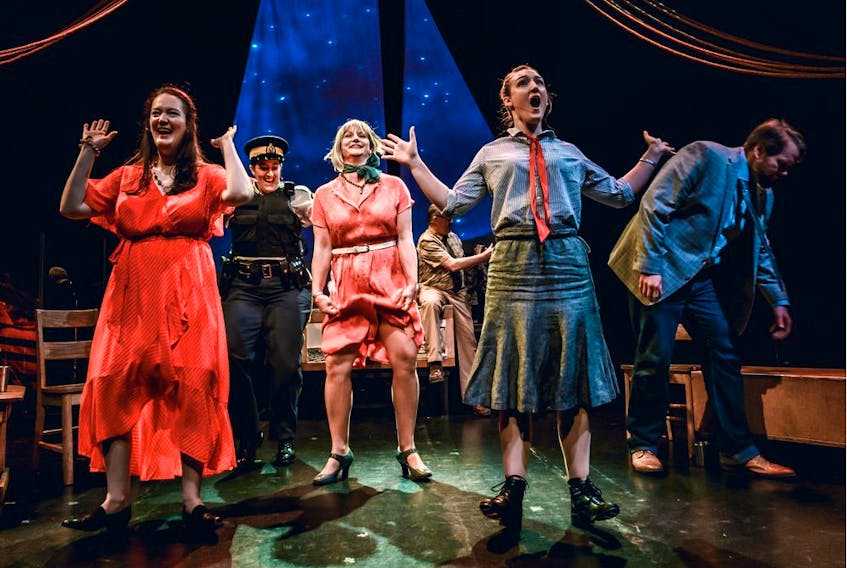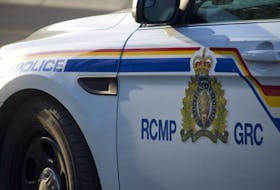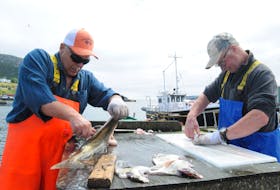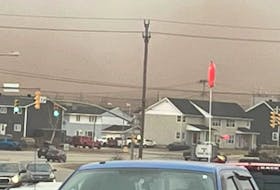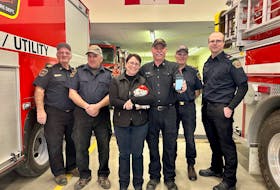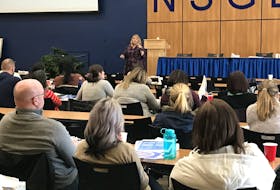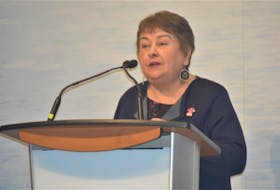ST. JOHN'S, N.L. — Philanthropist Walter Schroeder has taken a two-pronged approach to advocating for Newfoundland and Labrador on the federal scene: a policy institute and a musical.
Schroeder is the founder of Dominion Bond Rating Services (DBRS), a credit-rating agency that helps determine the cost of borrowing for governments around the world.
Schroeder sold DBRS in 2014 for more than $500 million.
The intent of the Schroeder Policy Group is to “provide informed and credible, non-partisan policy recommendations on some of the biggest challenges facing the country,” Schroeder wrote in an email.
“The equalization formula needs to be changed to ensure that Newfoundland gets its fair share. Per capita income in Newfoundland is below the national average, but due to the way that natural resources are included in the formula, the province gets no equalization,” Schroeder wrote.
“The equalization formula needs to be changed to ensure that Newfoundland gets its fair share." — Walter Schroeder
“This is outrageous, especially in a province that is rapidly aging, losing population, and will see declining production from its offshore oil resources over the coming years.”
Schroeder enlisted University of Calgary economist Jack Mintz to pen a letter and accompanying petition explaining why changes to the equalization formula are needed to benefit the province.
According to Elections Canada, the Schroeder Institute (registered as 2713350 Ontario Inc.), has spent $113,995 so far in the ongoing federal election, primarily in crafting online advertising for the campaign.
Schroeder says the only solution is a $1.4-billion annual subsidy from the federal government to Newfoundland and Labrador until 2041.
“This 'Dignity Option,' as detailed in my play, is preferable to a 'Nuclear Option,' whereby N.L. defaults on part of its debt and all of Canada pays the price,” he said.

The play Schroeder is referring to is "No Change in the Weather," which just wrapped up a tour of Eastern Canada to multiple sold-out performances and positive reviews.
Schroeder is the executive producer of the play, for which he enlisted former Great Big Sea member Bob Hallett to serve as producer.
“I met Mr. Schroeder a couple of years ago," Hallett said. "For a long time, he had wanted to do a musical about Newfoundland. He wanted to tell a very specific story, which was about the injustice he saw in and around the Churchill Falls deal.
“He’d been involved in musicals before, so he had a great passion for the form.”
The notion of changing the equalization formula in a way that benefits Newfoundland and Labrador is not without precedent.
In 2018, the federal parliamentary budget officer outlined potential changes to the formula that would see this province take in an additional $560 million from Ottawa. By reducing the amount of natural resource revenue included in the formula, this province could return to “have not” status and receive the payments, according to the parliamentary budget officer.
The federal government declined to make any changes to the formula at its last opportunity, in June 2018.
Hallett says Schroeder is using "No Change in the Weather" as a way to spread his policy message just as much as the policy institute, and it’s working.
“The way to get across intellectual things is often through an emotional approach. Music and art is a universal way to make a strong point,” Hallett said.
“Really, what happened to Newfoundland and that, as much as it’s a historical point, it’s about the moral right. What happened was wrong. They’re not easy things to put in a news release, but when you see it in the context of people’s lives, it gives you a better idea of what happened.”

